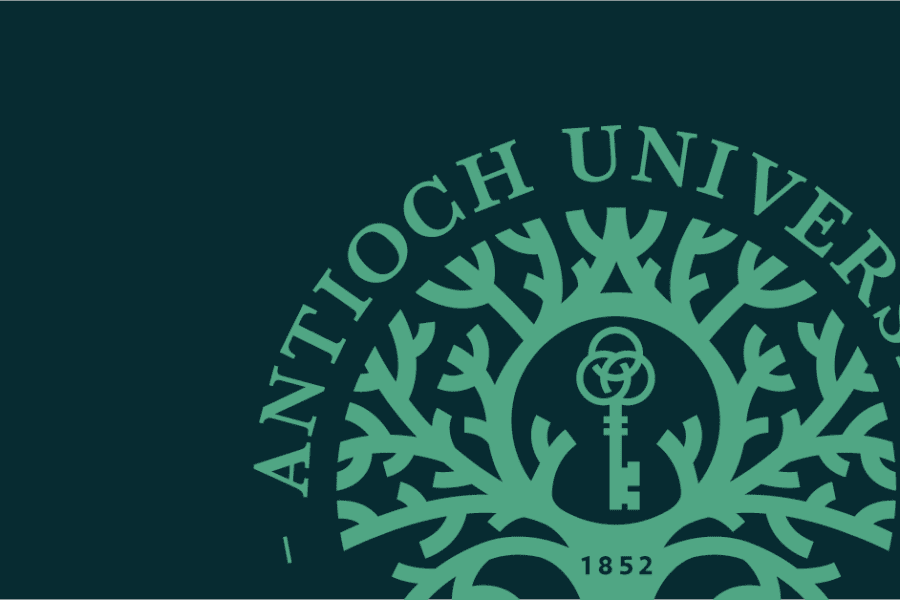Finishing your bachelor’s degree is one of the smartest investments you can make. A study from Georgetown University determined that over the course of a lifetime, someone with a college degree may make up to $1 million more than someone without a college degree. That said, we also know that while college is a hugely valuable investment, it’s also a significant one. Below, you’ll find five tips to help maximize your dollars while you’re going back to school to finish your bachelor’s degree.
Take Advantage of Financial Aid—and the Financial Aid Office
Whether you’re going back to school on campus or online, there’s plenty of financial aid available to help students afford the incredible investment of a bachelor’s degree. In addition to help in the form of student loans, some students also qualify for scholarships and grants—money that does not need to be repaid after graduation, including the Federal Pell Grant, the Federal Supplemental Educational Opportunity Grant, and other outside scholarships and grants.
After you’ve applied, you’ll want to be sure to contact the financial aid office and find out what options are available to you.
Take a Specialized Degree or Design Your Own with Individualized Studies
Although many people believe you need to major in one of just a few fields of study to have a lucrative career post-graduation, it’s actually advisable to study something wide-ranging that you are passionate about, and to grow a career you love from there. A bachelor’s degree in individualized studies allows you to design a course of study that aligns with your interests so that you can dig deep on the areas you care about the most.
An individualized studies program can be specially tailored to meet your specific career goals, and our faculty can work with you to help you identify opportunities to make a difference in your community or workplace. From there, you can develop a course of study that achieves the learning necessary to accomplish your goals and help you move forward at work—and in life. Liberal studies and applied studies programs provide a breadth of skills that are important to employers.
Keep Your Day Job
Do you think going to school and working full time is too difficult? Think again. Antioch University Online college degree programs make getting your degree easier than ever. With flexible scheduling, you can fit classes into your life and never have to sacrifice any income to accomplish your goals.
Keeping your full-time job while going to school is one of the smartest financial decisions you can make. Not only will you avoid losing out on any income—or benefits—you’ll also always know you have a job waiting for you after graduation, which can reduce a lot of anxiety and help you stay focused on your studies.
Research Tuition Reimbursement
And, staying at your job could also benefit you in the form of more benefits than just health insurance and retirement. You could also receive tuition reimbursement. Many offices now offer employees some money toward going back to school. Not only does this help the company improve their own reputation for having smart, qualified employees, it also helps them retain good employees and they receive a small tax deduction for doing so.
This benefit is often overlooked, so it’s definitely worth doing a little research on and talking to your HR representative. Some employers offer reimbursements for the full cost of attendance, so you don’t want to miss out!
Build Your Soft Skills—and your Network
You probably already expect to gain plenty of hard skills in college, no matter what your major, and of course those are very important to succeeding in your career. However, you’ll also learn plenty of soft skills that can be even more important toward landing your dream job. Skills like writing clearly, arguing effectively, and thinking both critically and creatively are fostered at college, and these same skills will benefit you tremendously throughout your career.
Likewise, learning soft skills will help with building a network of other students inside and outside of your field. Whether you’re participating in an online peer critique or an in-person discussion with friends, remember that the folks you meet while working on your bachelor’s degree can be valuable connections throughout your life, both personally and professionally.






